Into the Wild
Into the Wild : Movie Review
Direction and Screenplay : Sean Penn
Based on the eponymous book by John Krakauer
Cast : Emile Hirsch, Hal Holbrook
English 2007
Written Sept. 2011
There is a pleasure in the pathless woods;
There is a rapture on the lonely shore;
There is society, where none intrudes
By the deep sea, and music in its roar;
I love not the man less, but nature more...
- Lord Byron
It is with this beautiful declaration that the gripping and revelatory "Into The Wild" opens up the road to a journey into the heart of what its hero wants. Directed consummately by Sean Penn (himself a reputed actor who has traversed the unfavoured road), the film is based on a book written by John Krakauer on the real-life story of Christopher John McCandless. Chris was a young man who in the early 1990s in U.S.A gave up prospects of a gleaming professional career, left behind a privileged background, burnt all his money and papers, and voyaged alone to live by himself in the wilds of Alaska. He was all of 21 when he began this odyssey.
The film is created and spliced with a free-ranging finesse, a firm focus on the protagonist’s fierce idealism. Along with being a strong visual expedition into the great outdoors, the plot is also ripe with verbalized introspection and perspective - expressed both by Chris and his sister. The latter provides the voice-over commentary, sporadically, for much of the film. Chris means it and proves it when he states -"I just want to be out there in the big mountains,rivers skies and game..in the wild...I want to live in that moment ..in that special place and time". But in fulfilling this objective,our man has to bluntly face the mounting cost of dedication to solitude. And the question always looms - Can one truly divorce all society and live as the lone ranger who has only his/her own life to preserve and indulge? "Into The Wild" vibrantly treks through various terrains,looks into the lives of electic people,stays true to its central journeyman and ultimately regards this calm rebel with the same gaze as destiny draws up eye-to-eye with him.
The narrative is not linear - different time segments are shuffled and woven together in an attempt, ostensibly, to create more contrast and perhaps to adopt an approach which is "different", just like how Chris' path is. At the start,Chris seems to be doing great. Emory Univ. from where he graduates, approves of his dissertations on the realities in Africa, and his grades are good enough to get into Harvard Law. His parents are millionaires but early on,the schism in their respective outlooks becomes apparent. They admire Chris, but he, not unjustifiably, feels their marriage and life has failed magnificently. Making sure that he cannot be tracked down later, he donates his savings of $24,500 to Oxfam and sets out to satisfy his soul in the intimate lap of nature. He has grown by choice on the works of Tolstoy,Jack London and Thoreau & feels he is armed with enough perspective to justify his choices. During a two-year journey before he finally ends up occupying his own untamed space,he meets at least four people with whom he makes a strong connection, but is resolute in moving on as per plan to his exclusive affair with Alaska . City sojourns are avoided because of their great temptation ,and a happy stint in agrarian life is rudely cut short.
Hitched rides,lone treks,rafting thrills,river journeys and train transits later, he meets a lovely girl who takes a liking for him, but does the prospect of a physical affair appeal to him? He later develops close rapport with a elderly man who comes to regard Chris almost as his own grandson. The latter has suffered deep familial loss and when he tells Chris "I’m going to miss you when you’re gone", Chris replies "I’ll miss you too but you’re wrong if you think that the joy of life comes principally from human relationships". Finally,Chris gets to sink his soul in the glorious nowhere of the Alaskan wilderness. He finds a "magic" bus stranded right there in the deep forest and makes it his home. Chris supposes that he can just about manage to store the meat of the kills he’s made; hopes that this wild womb will nurture him. He tries his best to carve out avenues of survival and evolution, but many times he just sits down,dazed by hunger and weakness. Man or at least most mankind, unlike certain solitary animals, is too encephalized to fully enjoy lonely existence, but apparently Chris disagrees.
A great Indian spiritualist - Sri Yukteshwar Giri - wryly noted that true renunciation is made when the going is good, not when it is bad. Although it can be argued that Chris leaves behind a life that was mostly "good", it stands to reason that his parents’ long-festering strife and bitterness corrupts his idea of "home" and encourages him to do what he may not have done otherwise. A good leap cannot be made from a shaky stage but the aspirant here thinks otherwise. In his journey, however, he does experience moments of transcendence, after climbing for instance to a vantage point and witnessing the snow-crusted magnificence stretching all around him into the horizon - an infinite arena to attain enrichment. The film’s ending builds and sustains a powerful emotional wave, unfolding with a lyrical grandeur and grace..there is no more doubt, only a direct gaze into eternity.
The film contains generous dollops of placidly expressed wisdom and a liberal sprinkling of poetic pronouncements. This means that in addition to the highly risky life that the hero undertakes, there is also the danger of sounding preachy; and the peril of a slight melodramatic slant in the commentary provided by Chris’s sister. But there’s humour too- after wandering through vast expanses,when Chris takes a famished time-out to munch on an apple, he experiences gustatory nirvana! - gazing lovingly at the fruit, he says "You’re a 100,000 times better than any apple I’ve ever had!.. you’re the apple of my eye!" The music by Brook, King and Vedder ably complements the narrative - it memorably inducts a rich guitar and percussion on occasions to create a jaunty mood (the "Hard Sun" OST), and is subtly effective in accentuating highs and lows.
Hal Holbrook as the elderly man gives a heart-touching performance in his last scene with Chris. As for the main character, Emile Hirsch is commendably restrained, and in fact very clever in subtly portraying a youngster who is too wise and all-knowing for his own good. We wish the best his portrayed persona because he is so sincere and determined, but one fears that we fear that he is too confident, at too early a stage in his life.
There are stories of how men go into profound seclusion to attain spiritual evolution. Rather than asking whether Chris belonged to their kind, it may be more pertinent to ask whether he has reached the juncture to make that journey. Life gifts us a fair amount of realizations that are forced by circumstances. Perhaps the trick lies in gaining and enjoying those realizations in an unforced, spontaneous way.
UPN EarnesTaster
UPNWORLD welcomes your comments.

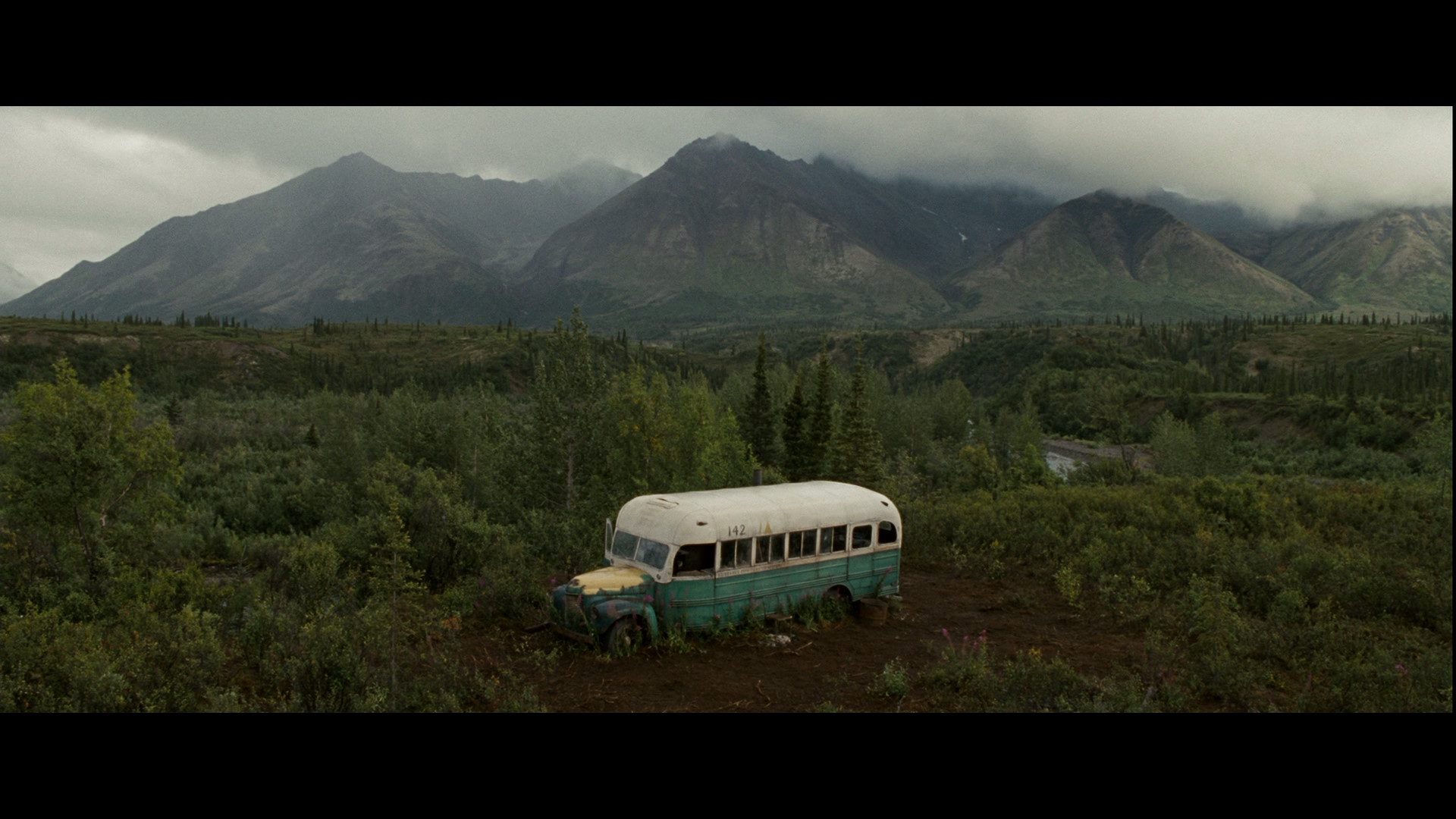
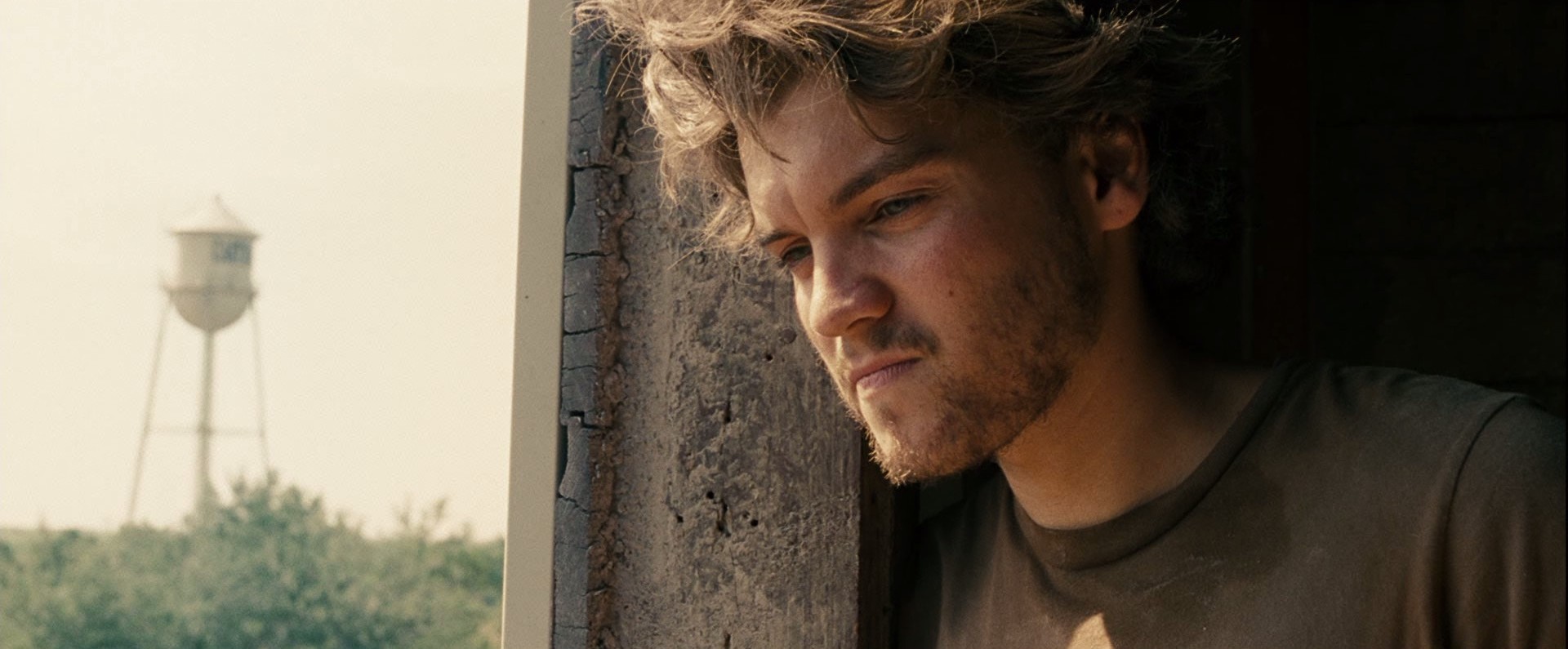
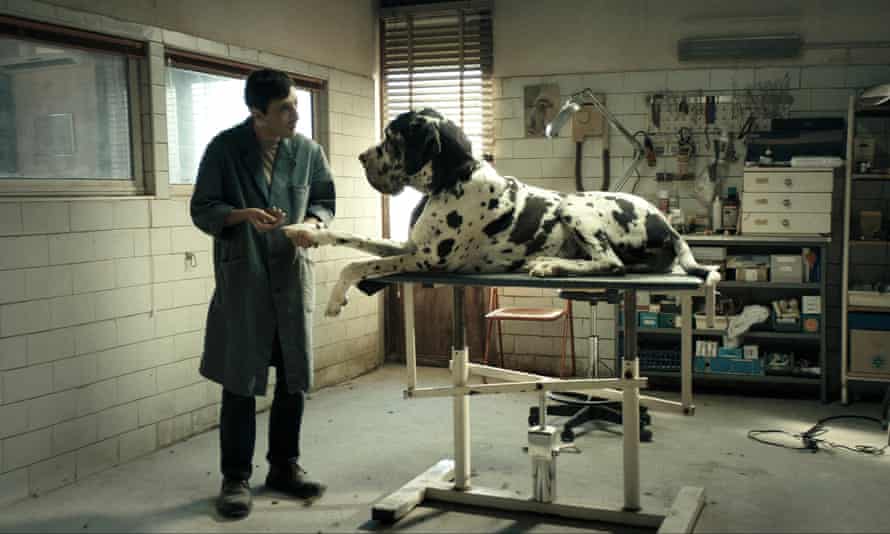
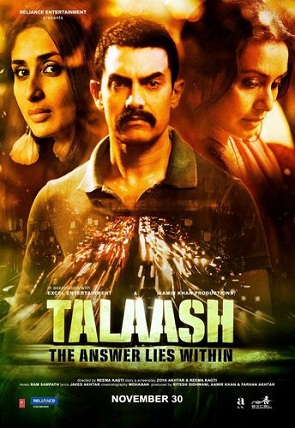

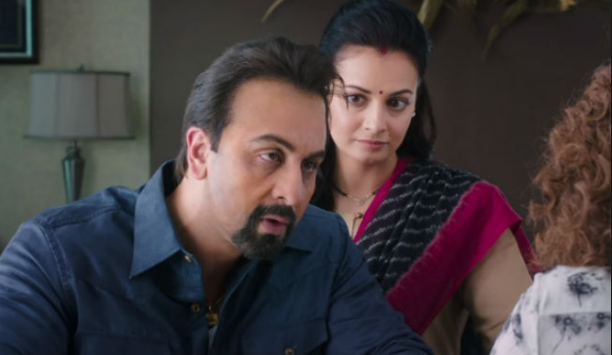




0 COMMENTS
WRITE COMMENT